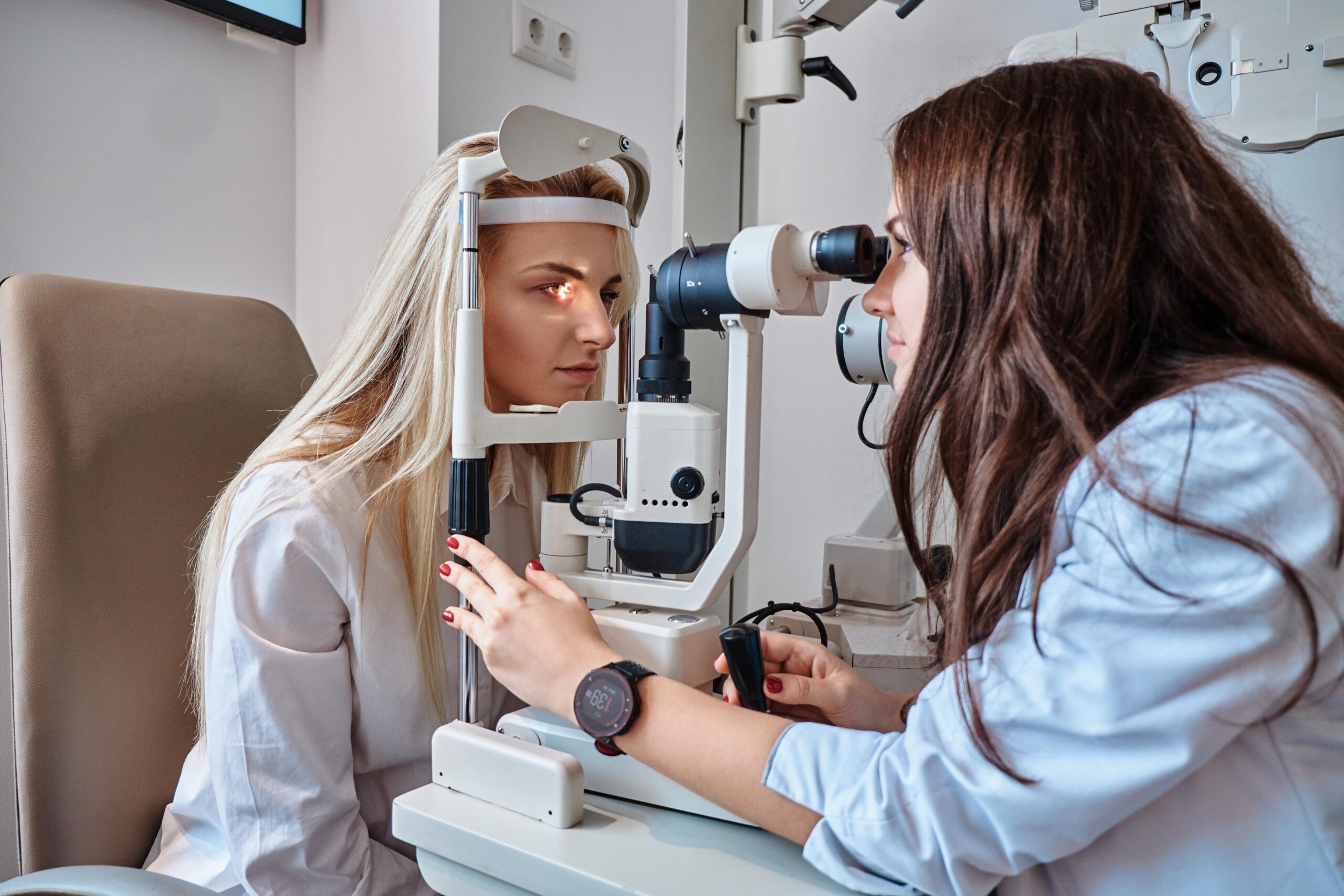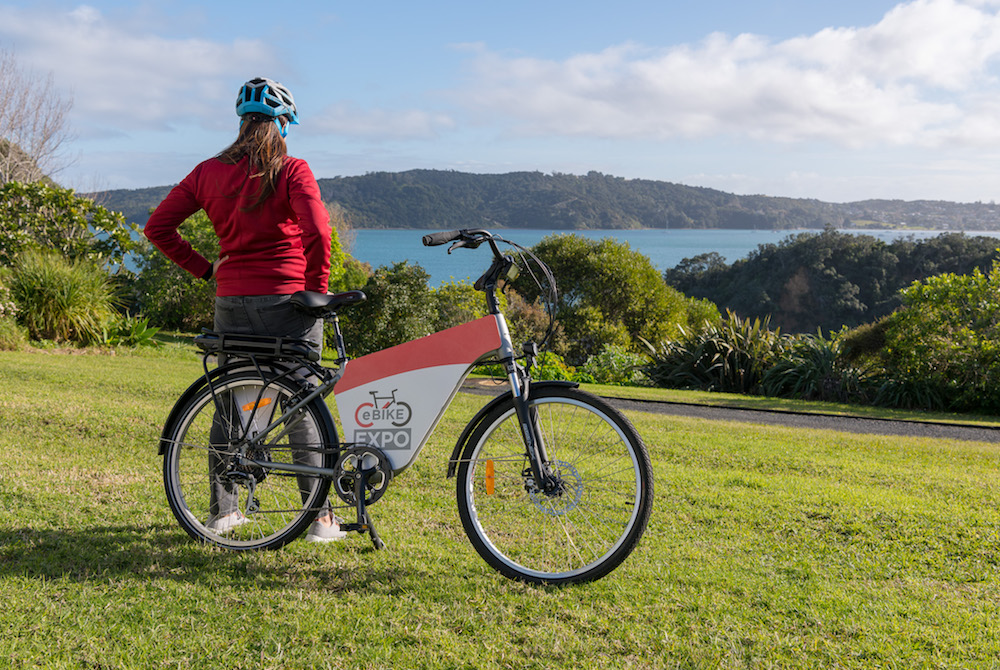A leading ophthalmologist and medical retina specialist is calling for New Zealanders with diabetes to have regular eye checks to reduce the risk of living with blindness.
Diabetes is the leading cause of preventable blindness in New Zealand. According to consultant ophthalmologist at Auckland Eye, Dr Alison Pereira, less than 50 percent of Kiwis with diabetes are getting regular eye tests.
“This is a major public health issue,” says Dr Pereira. “Regular diabetes eye checks prevent blindness. It’s as simple as that. Often there are no symptoms, and it’s not uncommon for people to lose vision over a few weeks and occasionally lose sight in one eye overnight. Regular eye checks play a vital part in saving people with diabetes sight and independence.”
A new eye health survey carried out by Diabetes New Zealand has revealed the extent of the issue with 86 percent of people with diabetes having experienced one or more issues with their vision, and 20 percent of respondents saying they have long-term impaired vision.
The survey also found that a lack of awareness of the need for regular testing, long waiting lists with cost and access the main barriers to getting regular diabetes eye checks.
The call for more diabetic eye checks comes as part of Diabetes Action Month, run by Diabetes New Zealand throughout November. The theme of this year’s campaign is ‘Eyes on Diabetes’.
Dr Pereira says that diabetic retinopathy is the most common eye condition for people living with diabetes. This condition occurs when high blood sugar levels over time cause damage to blood vessels in the eye.
“Fortunately, diabetic retinopathy can be detected, and early intervention can prevent or reduce vision loss. Not only can screening identify eye issues for people with diabetes, it can also help those with deteriorating vision to review their overall diabetes management,” says Dr Pereira.
“Diabetes is now developing in younger age groups, with many people likely to be living with diabetes and its complications for many more years than a generation ago. It is likely that for the number of people living with diabetes, vision loss will increase dramatically without a comprehensive and properly funded national diabetic retinal screening programme.”
Diabetes New Zealand chief executive Heather Verry says that this Diabetes Action Month is about advocating for people with diabetes to look after their eyes, and that includes calling for improvements to the free nationwide Diabetic Retinal Eye Screening Programme.
“We need a more systematic approach to our national screening programme to help ensure every New Zealander that needs a diabetes eye check has fair and easy access to free testing, no matter where they live.
“People are falling through the gaps with inconsistent care across geographic regions, a lack of recall reminders and issues with medical professionals receiving and accessing results.
“We welcome the opportunity to work with Te Whatu Ora to build a more effective national retinal screening programme for the more than 300,000 New Zealanders that need it.”
Diabetes is the country’s fastest growing health crisis, with the number of people living with diabetes expected to increase from the current 307,400 to as many as 430,000 by 2040.
“Every single one of these people is at risk of going blind, so we are urging the diabetes community to get regular eye checks and look after their sight. The best way for people to do this is to get a referral to their local screening service from their GP or visit their local eye specialist,” says Ms Verry.
To learn more about diabetes, Diabetes Action Month and diabetes eye health, visit diabetesactionmonth.org.nz.





